
As the debate over kratom plays out at all levels of government in the United States, advocates for establishing a regulated market are gaining momentum from an unlikely source: Efforts to try to ban the herbal supplement.
After a string of six states shut down sales of kratom in a series of statewide bans more than five years ago, only a handful of local municipalities have taken up that torch over the past year. However, like the first push for prohibition, the recent efforts to ban kratom have been met with a coalition of advocates in support of kratom reforms instead of kratom bans.
What’s different this time is that other states have provided an idea of what regulation could look like. Now, with examples of regulatory systems in place, and amidst a federal push to fund more research into kratom, those in the industry are meeting calls for canceling kratom as an opportunity to make their case.
“We don’t ban products because we don’t like them or because the FDA doesn’t like them,” said American Kratom Association spokesman Mac Haddow. “We ban them based on science, and the science shows that kratom, in its natural form, without being adulterated, it’s safe when it’s responsibly used.”
Haddow was speaking with local television station WDAM in Pine Belt, MS, as part of the discussion around a proposed ban in the state. The proposed measure failed to make it out of committee last legislative session, with the bill’s sponsor pledging to advance the measure out of committee this session.
The status of that effort, though, is a telling sign of the times in terms of where the kratom question stands in the public eye, especially in places where lawmakers are trying to take action.
State Rep. Lee Yancey told local press last fall that he planned to advance a bill out of the Drug Policy Committee during the 2023 session. Yancey is the chair of that committee, and at the time told reporters that he also hoped to find support/allies in the Mississippi state senate. Except this year’s bill is being pushed by a different lawmaker, State Rep. Donnie Scoggin, who does not sit on the Drug Policy Committee. There has also been no movement in the Senate so far in the legislative session.
Mississippi resident Glenn Shipe is one of the local voices standing in opposition to Scoggin’s efforts. Shipe told WDAM that he “wouldn’t be here right now if it wasn’t for kratom” and represents a growing movement of kratom users who have been vocal in the fight for a safe, regulated market.
A similar debate is taking place across the American South. Alabama and Arkansas are two of the states who previously banned kratom, with Louisiana passing a law that would ban kratom if the Drug Enforcement Agency were to schedule the substance. An effort to do just that fell flat on its face in 2017.
Now, local parishes are scrambling to keep up with that back-and-forth. Ascension Parish became the first to ban kratom last year, and others have either followed suit or started similar discussions. As in Mississippi, those debates have become a back and forth between lawmakers spouting flawed federal fact sheets and kratom consumers trying to maintain access.
For some at the local level, that has put them in an unenviable position of trying to make a decision in the face of inaction higher up the pecking order. When Ascension Parish took on the kratom question, councilmember John Cagnolatti said he felt the matter would be better suited by regulation on a larger scale, rather than each city and municipality setting different rules about how to handle kratom.
“It’s something that came to us that should have been handled on the state or even federal level before it got to the local level. It’s almost crazy that we’re having to address this,” Cagnolatti said during the meeting discussion.
In the absence of that sort of wide-ranging regulation, at either the state or federal level, Haddow said the best approach is to focus on consumers and available research, rather than the outdated reasoning behind the failed efforts to schedule kratom at the federal level. According to Haddow, the lack of action to establish sensible regulation has left consumers in the “unfortunate” position of being guided by lawmakers and agencies with their own agendas.
“The people of Mississippi should speak out to their legislature and protect the freedom that people have to responsibly use a product,” Haddow said, “and not let an agency like the FDA from the federal level come in and tell the state of Mississippi what they should be doing.”

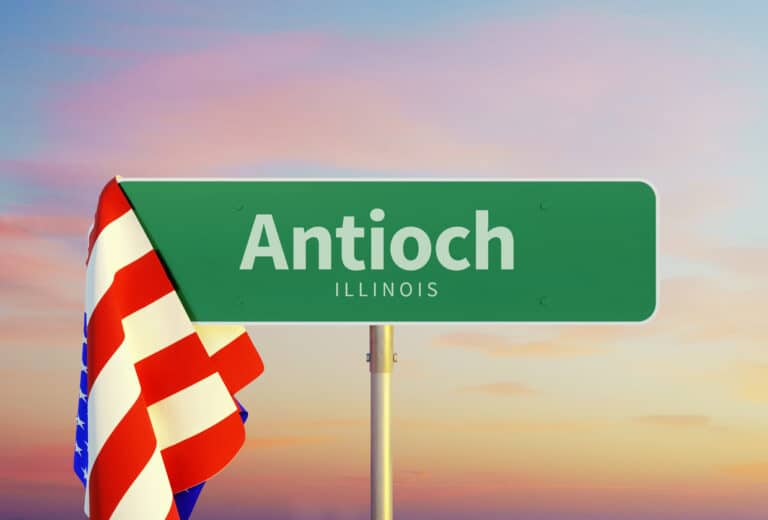




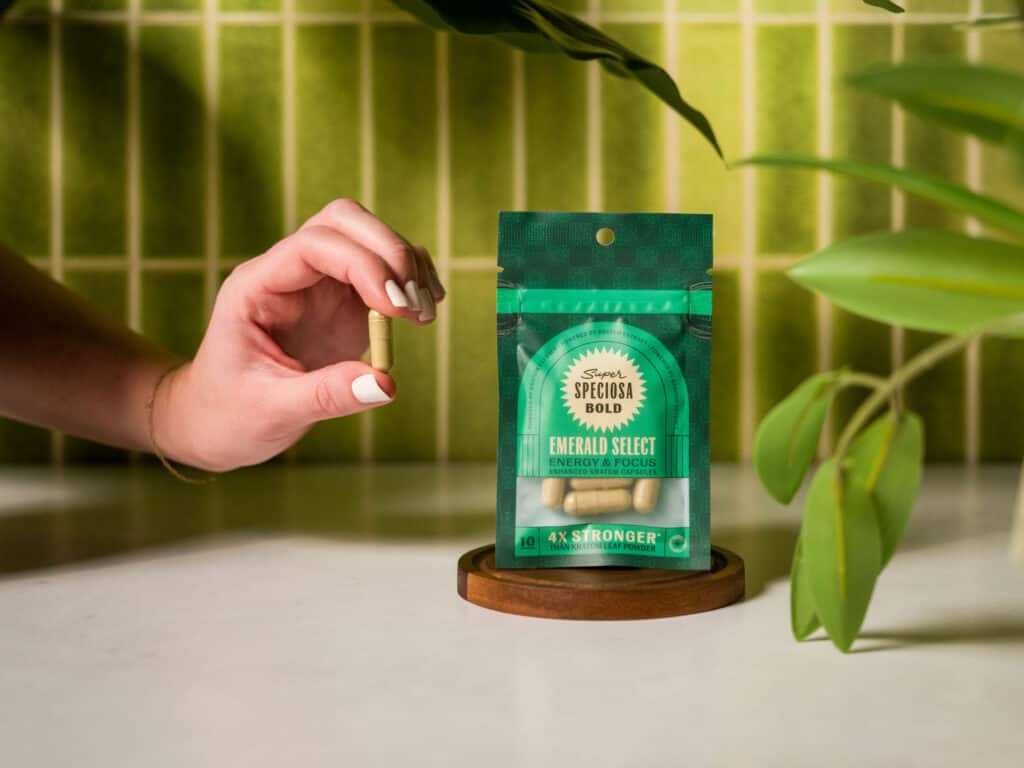
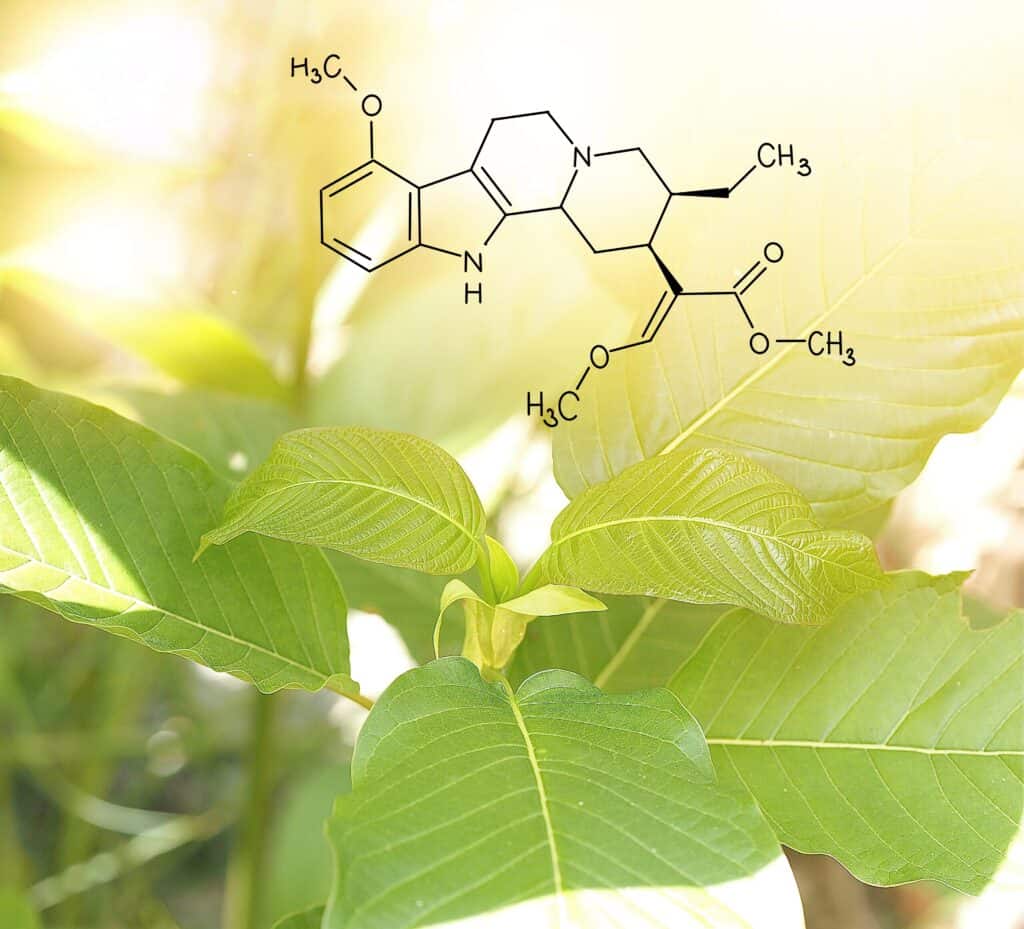
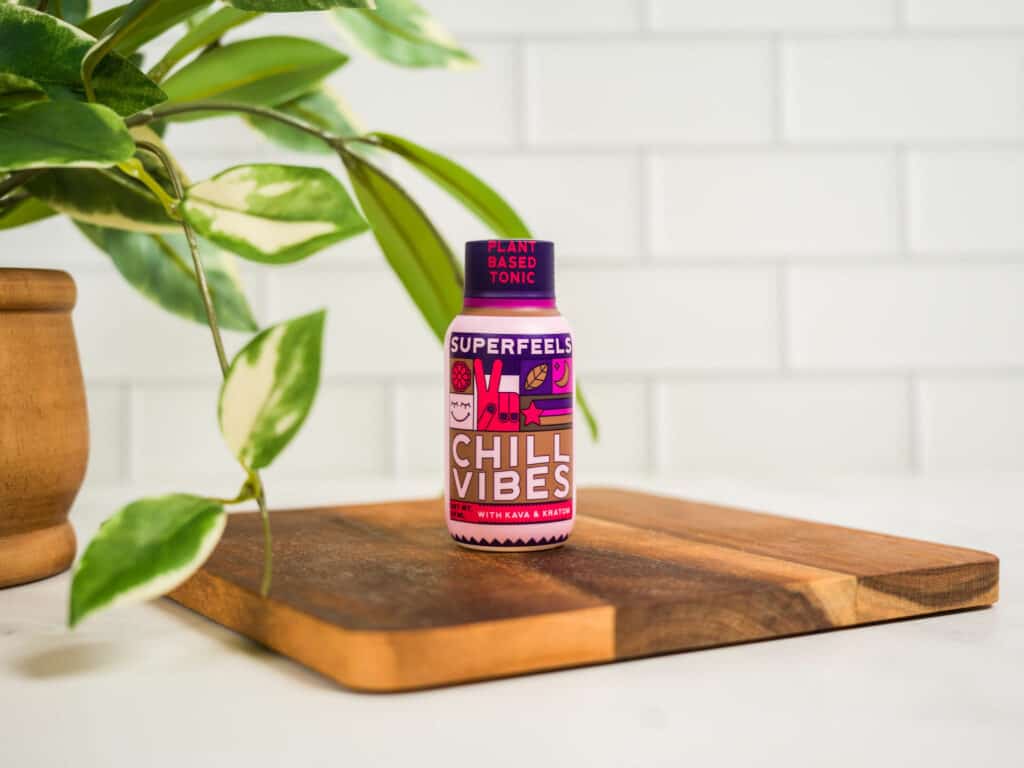
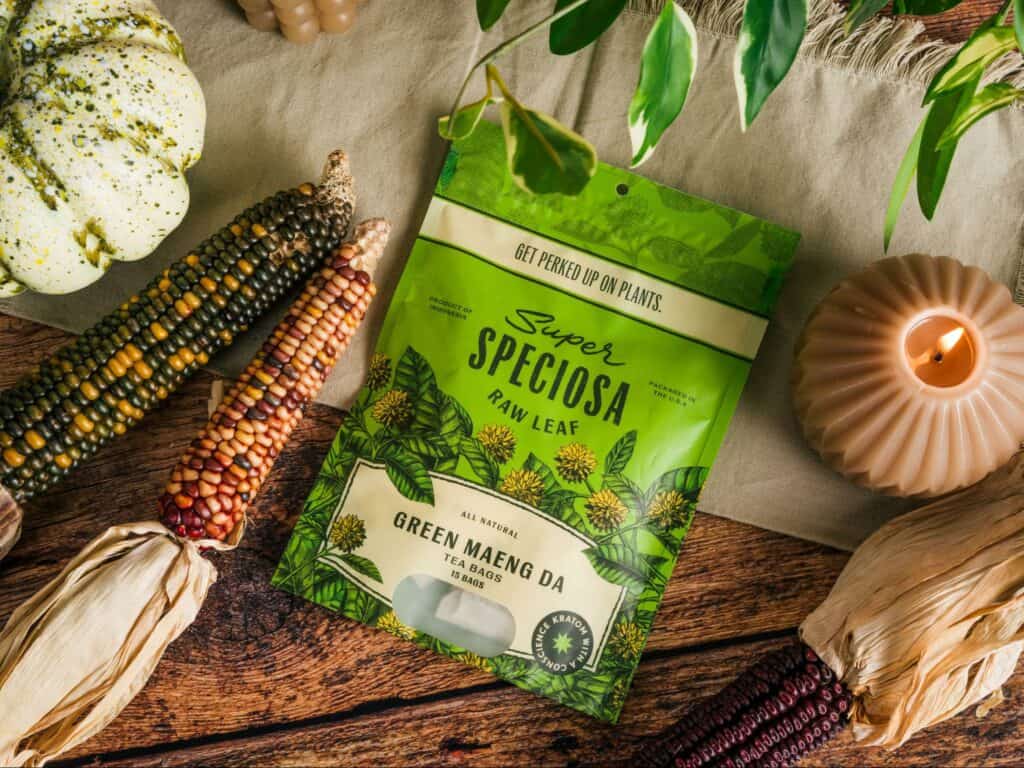
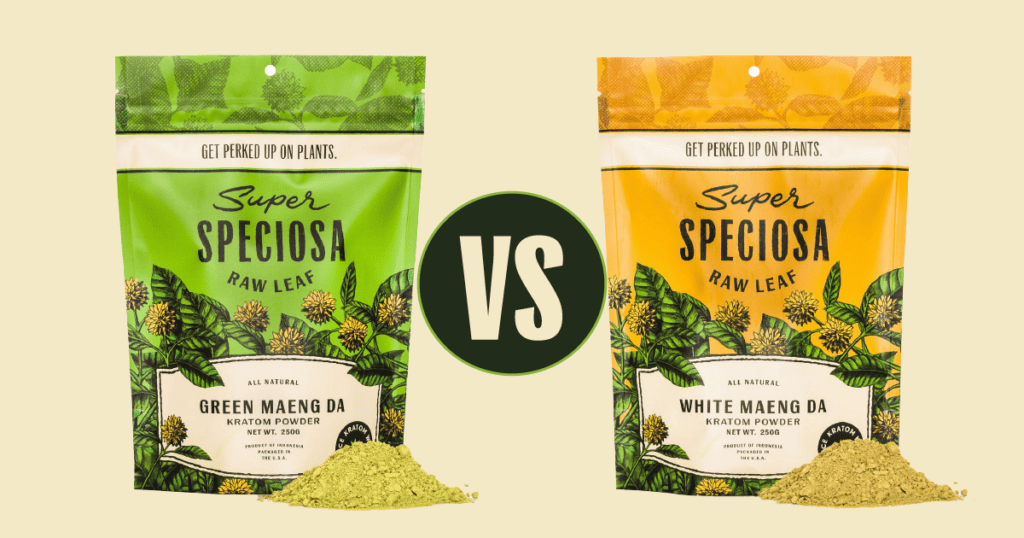
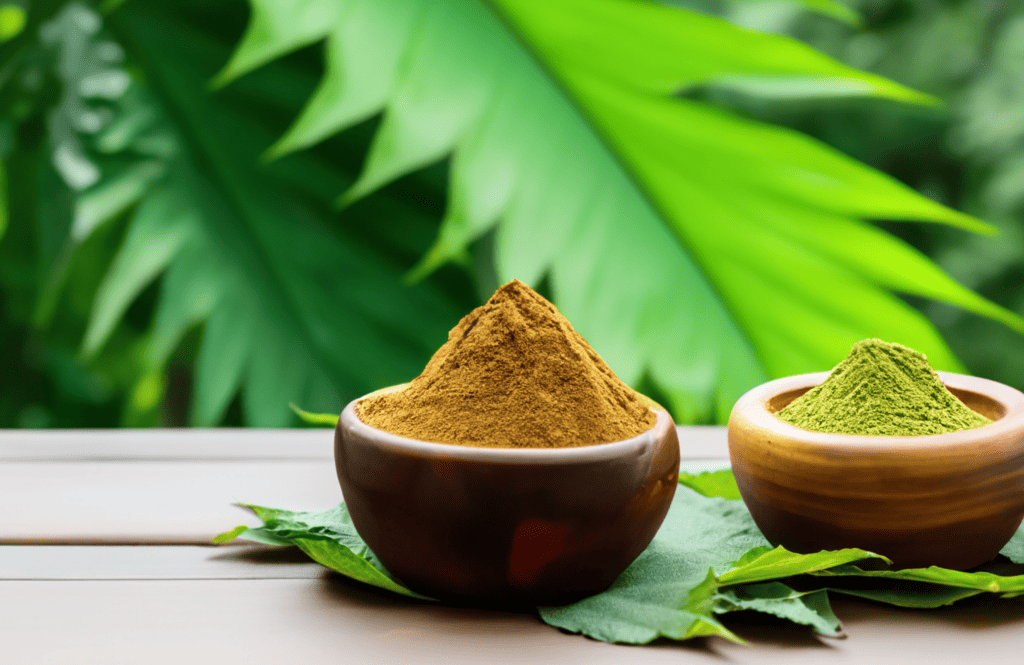
These statements and products presented on this website have not been evaluated by the Food and Drug Administration FDA. The products mentioned on this website are not intended to diagnose, prevent, treat or cure any diseases or health conditions. Therefore any information on this website is presented solely as the opinions of their respective authors who in which do not claim in any way shape or form to be medical professionals providing medical advice. SuperSpeciosa.com and its owners or employees cannot be held responsible for, and will not be liable for the inaccuracy or application of any information whatsoever herein provided. By purchasing our products you agree that you are aware and in compliance with your local county, state, or federal regulations. Must be 21 years or older to purchase Kratom. The US FDA has not approved kratom as a dietary supplement. We do not ship to the following states, cities and counties in the US where Kratom is banned: Alabama, Arkansas, Indiana, Rhode Island, Vermont, Wisconsin, Sarasota County, FL, Union County, MS, San Diego, CA, Jerseyville, IL, Oceanside, CA, and Ontario, OR. Furthermore, Kratom is also banned in the following countries where shipment cannot be executed: Australia, Burma, Denmark, Finland, Israel, Lithuania, Malaysia, Myanmar, Poland, Romania, South Korea, Sweden, Thailand, United Kingdom, Vietnam.
This product should be used only as directed on the label. It should not be used if you are pregnant or nursing. Consult with a physician before use if you have a serious medical condition or use prescription medications. A Doctor’s advice should be sought before using this and any supplemental dietary product. All trademarks and copyrights are property of their respective owners and are not affiliated with nor do they endorse this product. By using this site, you agree to follow the Privacy Policy and all Terms & Conditions printed on this site. Void where prohibited by law.
† These statements have not been evaluated by the FDA. This product is not intended to diagnose, treat, cure or prevent any disease.
Testimonials on this website are not intended as claims that our products can be used to diagnose, treat, cure, mitigate or prevent any disease. Read full disclaimer.


By submitting you agree to receive automated promotional messages. This agreement is not a condition of any purchase. See Terms and Privacy Policy. Frequency varies. Can opt out at any time.

There’s always something new happening. Enter your info below to get updates on huge deals, new products and special batch kratom releases.
By submitting you agree to receive automated promotional messages. This agreement is not a condition of any purchase. Message and data rates may apply. See Terms and Privacy Policy. Frequency varies. Can opt out at any time.